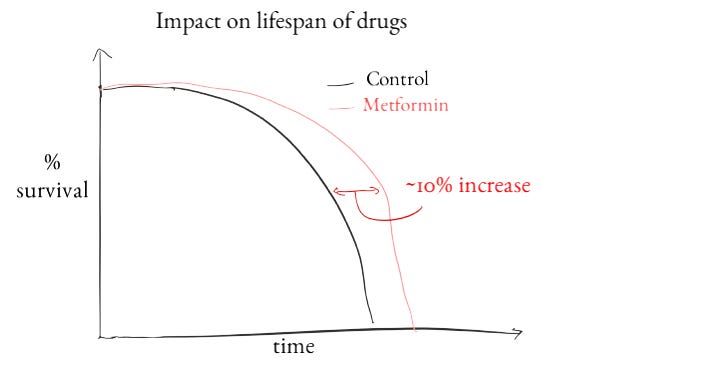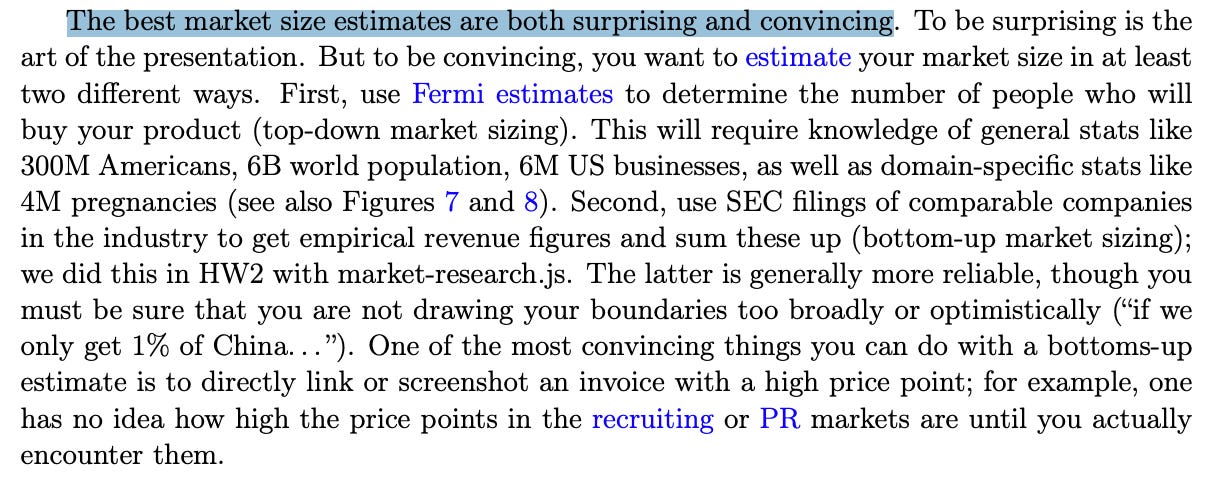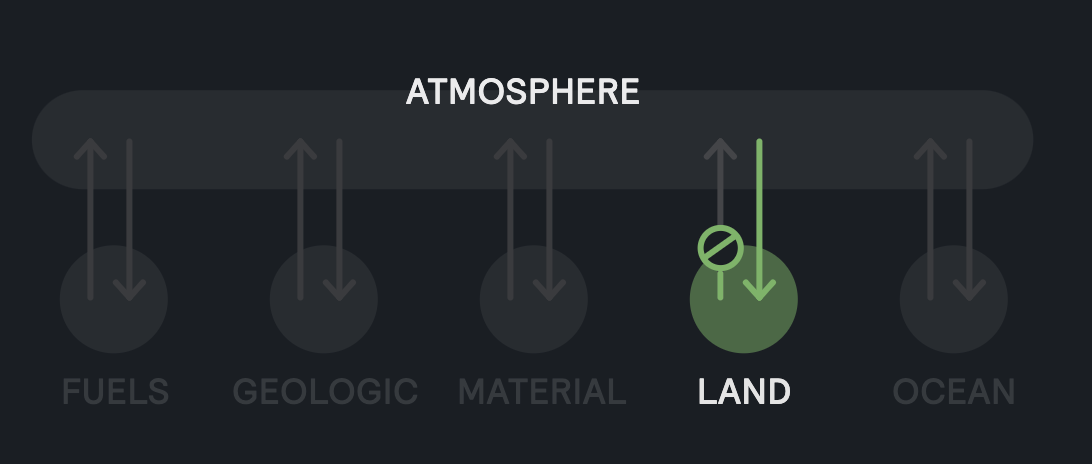Hi everyone,
Writing to you from Lake Tahoe!
I’m heading back to Los Angeles this week, officially ending my month-long remote work experiment. A few takeaways:
I highly recommend domestic travel if you can work remotely. This year feels like a unique opportunity to break the mold and try something new, even for a little while.
Wi-fi is generally available, even in small towns. This was not the case ten years ago, but you can expect a stable internet connection in most lodgings.
With that said, there is little to no cell reception in most National Parks or surrounding areas. It wasn’t unusual for us to have a wired internet connection in a cabin with zero cell service. YMMV.
Driving is an underrated way to travel. It’s much easier to appreciate the landscape from a dirt road than from the window of an airplane. Drive through some flyover states. Stop at a restaurant. Unlike cities, people will talk to you in these places if you show interest.
What’s New This Week
The Lifetime Curriculum, Revisited (🔒): This essay describes the initial outline for a long-term research project I’m designing. You can think of it as a modern P.h.D. that rewards breadth over depth. I’ll be covering this in more detail over the coming months, but subscribers are getting a sneak peek today.
Complete Education Details of the 116th U.S. Congress: When I find a question that I can’t get off my mind, I ask myself: what is the dataset that would help me answer this?
I wanted to understand how the educational background of our Legislative Branch affects policy decisions, but couldn’t find this data in a well-structured format. I put together a dataset with a complete list of over 500 U.S. legislators and their academic backgrounds.
The most common undergraduate degree is Political Science (11%).
There are eleven elected high-school / college drop-outs.
Only five representatives out of over five-hundred members of Congress have any technical training in computer science.
Harvard is the largest alma mater, followed by Georgetown University.
Check it out for yourself:

In This Week’s Edition:
[🔬Science] A comprehensive overview of longevity research: Laura Deming of The Longevity Fund put together a summary of aging: why it is important, what we believe causes it, and what we can do to slow it down. Some of the proposed ideas in this report seem like they are just around the corner from widespread adoption. Worth keeping an eye on.

[⚙️ Business] Execution is more important than ideas: The term “million-dollar idea” describes how most people think wealth is created. This idea is popular because it implies that you just need to wait for inspiration to strike and the rest will come easily. This excellent and underappreciated guide from Balaji Srinivasan explains why execution is more important than ideas. It describes the process of ranking ideas and how to use Fermi estimations for market sizing. I highly recommend reading if you’re considering whether to pursue a big project.

[🍃 Environment] Everything you need to know about carbon removal. An excellent introduction to carbon removal technology. Carbon removal is the process of recapturing emissions and CO2 from the air. I love this topic because there are so many options: reforestation, ocean-based capture, biomass, and direct-air capture, to name a few. This report discusses the details behind several carbon removal mechanisms.

Photo of the Week

This is my favorite photo of Madisen and I from this summer. We took a weekend trip up to Mammoth Lakes with some friends as a dry-run for our camping excursion. If you have a chance to visit, I highly recommend the hike to Green Lake in Mono County.
Photo: Mammoth Lakes, CA
Thanks for reading,
Phil
Sunday Scaries is a newsletter that answers simple questions with surprising answers. The author of this publication is currently living from his car and traveling across the United States. You can subscribe by clicking the link below. 👇



